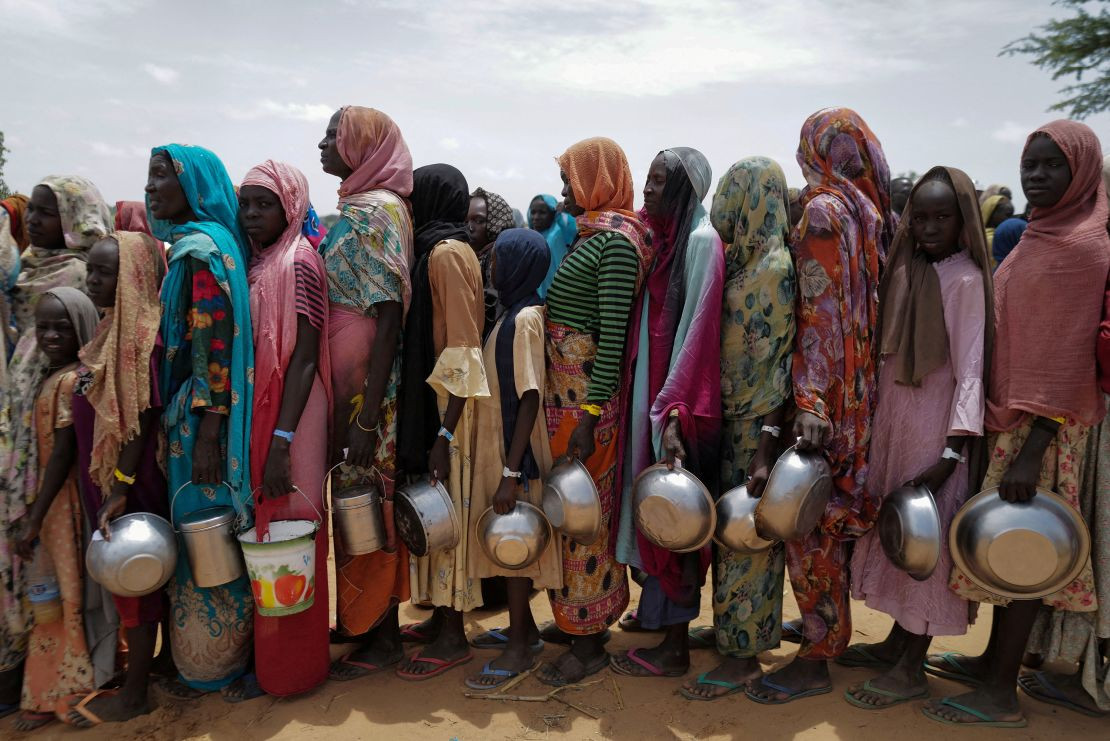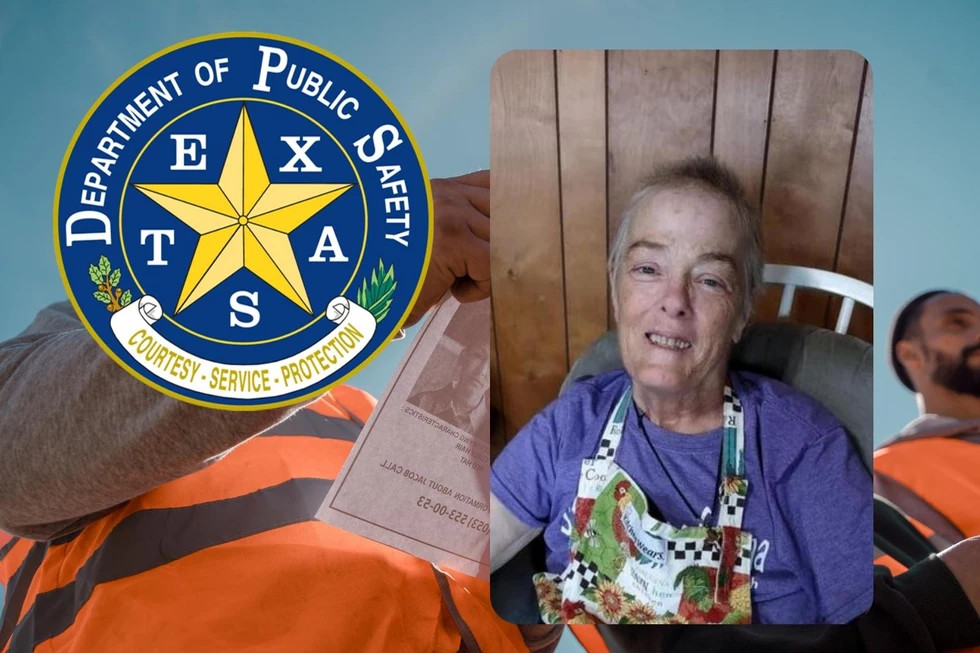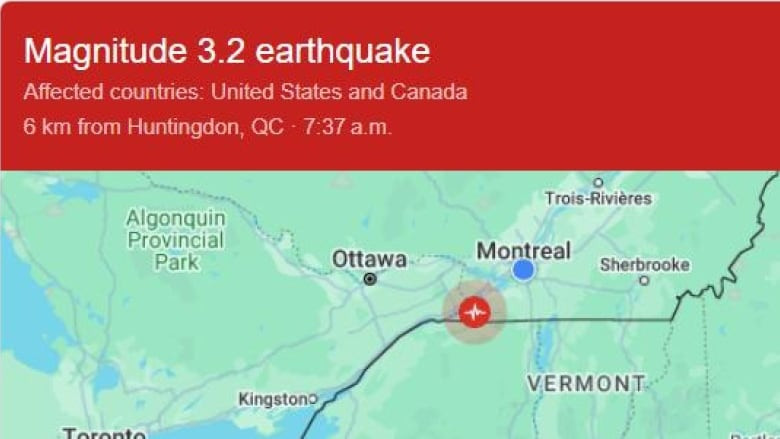Horrific Revelations: Mass Rape and Sexual Slavery in Sudan's Ongoing Conflict
The ongoing conflict in Sudan has yielded horrifying accounts of widespread sexual violence, perpetrated primarily by the Rapid Support Forces (RSF) and allied militias. A damning report released by Human Rights Watch (HRW) on December 16, 2024, details harrowing testimonies of mass rape, sexual enslavement, and other unspeakable atrocities against women and girls in South Kordofan. The scale of the violence demands immediate international attention and decisive action.
The Brutality Unfolds: Accounts of Rape and Sexual Enslavement
The HRW investigation involved interviews with 93 individuals, including 70 in informal displacement camps within the Nuba Mountains. The survivors' accounts are chillingly consistent: RSF combatants, often identified by name within their communities, systematically targeted women and girls, subjecting them to horrific acts of sexual violence. One 35-year-old Nubian woman recounted being gang-raped by six RSF fighters after her husband and son were murdered while attempting to defend her. Another 18-year-old woman described being held captive with dozens of other women and girls in a military base for three months, enduring daily rape and beatings—a clear case of sexual slavery.
The Targeting of Nubian Women
The report highlights a disturbing pattern: the systematic targeting of women from the Nuba ethnic group. The attackers frequently referenced the victims' ethnicity during the assaults, underscoring a deliberate element of ethnic cleansing alongside the sexual violence. One survivor stated that as they were raped, her attackers said to each other, “These Nubas are our slaves; we can do whatever we want.” This chilling revelation emphasizes the complexity of the violence and its inextricable link to the broader conflict.
The Scale of the Atrocities: Numbers and Locations
A total of 79 women and girls, aged 7 to 50, were identified as victims of rape and sexual violence. The majority of these cases were gang rapes that occurred since December 31, 2023, in and around the towns of Habila and Fayu, and at an RSF base. The consistent nature of these attacks across multiple locations underscores the widespread and systematic nature of the violence.
Crimes Against Humanity: Legal Ramifications
These acts of sexual violence represent grave violations of international humanitarian law and constitute war crimes. The systematic and widespread nature of the attacks, as documented by HRW, also qualifies them as crimes against humanity. The deliberate targeting of civilians and the use of rape as a weapon of war demand accountability under international law. The prolonged detention and repeated sexual assault of captives constitute sexual slavery, further exacerbating the severity of these crimes.
The International Response: A Call for Justice
HRW's report urgently calls for international intervention to protect civilians, ensure accountability for these crimes, and provide comprehensive support to survivors. The organization's findings echo similar conclusions reached by the UN's Independent International Fact-Finding Mission on Sudan. The UN and the African Union are urged to deploy a protection mission equipped to combat sexual violence, including prevention, documentation, and support for survivors. The international community also has a moral imperative to support the UN fact-finding mission and ensure that those responsible for these heinous crimes are brought to justice.
The Path Forward: Hope for Accountability
Despite the overwhelming evidence of widespread sexual violence, the victims remain largely without hope for justice or effective redress. One survivor stated, “There is nothing we can do to get justice. I can only leave it to God.” This despair underscores the urgent need for international intervention not only to stop the current violence but to also address the profound injustice inflicted upon the survivors. The silence of the RSF leadership in response to these accusations further highlights the need for international pressure to hold the perpetrators accountable for their horrific actions. The world cannot stand idly by while such atrocities continue. The response to this crisis demands unwavering commitment to justice for the victims, prevention of future attacks, and the long-term rehabilitation of those who have suffered unspeakable trauma.
The lack of response from the RSF leadership further underscores the need for international pressure and intervention. International actors must work to establish mechanisms for accountability, ensuring that those responsible are held accountable for these heinous crimes. The future of Sudan depends on a commitment to justice and the prevention of future acts of violence. The victims deserve nothing less. The failure to act decisively would constitute a betrayal of humanity. The silence is deafening, and it must be broken.

















